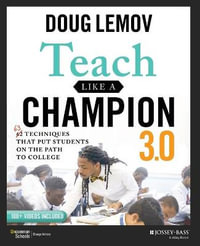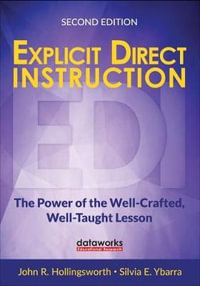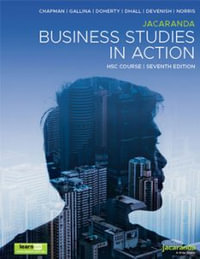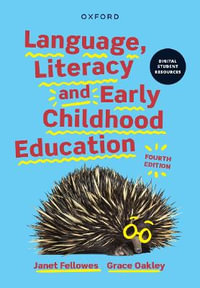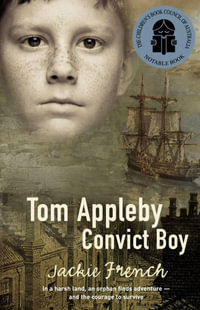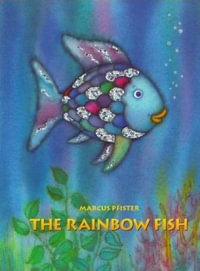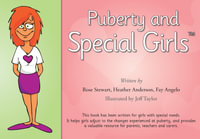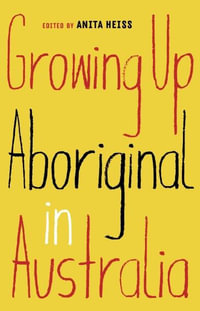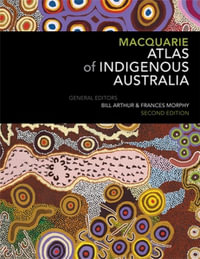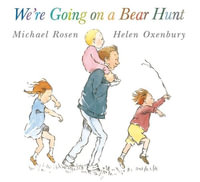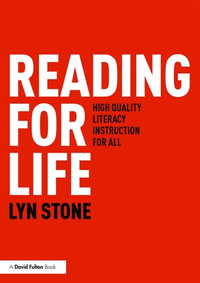Portrays the experiences and development of students as they commit themselves to community service during their college years.
In Community Service and Higher Learning, Robert A. Rhoads examines the experiences of students as they commit themselves to community service during their college years. The author explores how a student's sense of self may be challenged through involvement in the lives of others within the context of community service relationships. Central to his 'explorations of the self" is the role "caring" plays as a source of self understanding and identity development.
Drawing upon classic symbolic interactionists such as George Herbert Mead as well as contemporary feminists such as Carol Gilligan and Nel Noddings, Rhoads suggests ways in which the self might be reconsidered with an ethic-of-care philosophy at its core. He argues that higher education ought to play a key role in fostering more relational and caring individuals and that community service offers a pedagogical opportunity for encouraging the development of more caring selves. He maintains that as society becomes increasingly complex, diverse, and potentially fragmented, caring becomes a more important facet of one's sense of self than perhaps ever before. It is only through an increasing concern for the other (the essence of caring) that one is able to bridge the relational barriers posed by the postmodern condition.
Industry Reviews
"First, this is a truly masterful synthetic work. At a time when specialization and fragmentation seem to enjoy hegemony within higher education, Rhoads's work stands as an example of interconnectedness and integrity. He creatively melds social theory and feminist thought with experiential learning and personal story while acknowledging and doing justice to society's postmodern 'condition' and the abiding importance of participative democracy. His notion of 'caring' seems to capture this approach. Second, I appreciate his self-disclosure. Rhoads weaves his 'self' throughout the book, not only with respect to various vignettes from his own past, but as a starting point from which to understand and interpret." - David S. Guthrie, Calvin College



